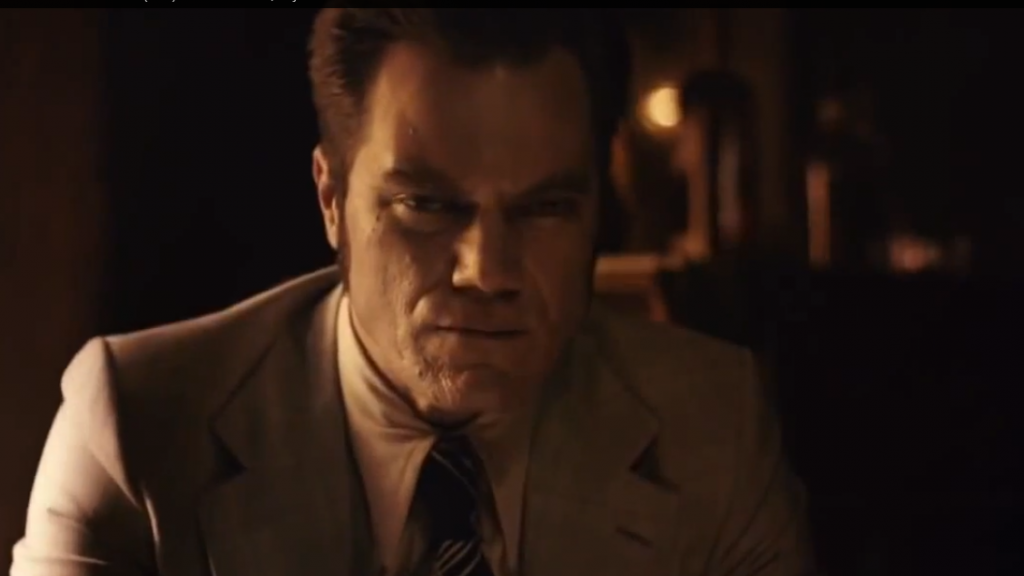

His own father-son relationship had distorted his perception of his relationship with his boy. With little choice, Barbara married Kuklinski and they had three children, two girls and a boy.Īlthough Kuklinski doted on his daughters, he was distant and cold with his son. Kuklinski told Barbara if she broke up with him he would kill her and his family. She discovered that he was already married with two boys, but he was romantic and persistent. He pursued Barbara with flowers and romantic dates After several months however she tried to break it off with him and he pierced the back of her neck with a hunting knife. While working on a New Jersey loading dock, Kuklinski met his future wife, Barbara Pedrici, a high school graduate working as a secretary at the trucking company. He murdered the man, beat his wife and cut off her nipples. One night, Kuklinski arrived home to find his wife in bed with another man. Kuklinski married young. He and his first wife had two children together but the marriage was troubled. The police thought that bums were killing each other. On weekends, Kuklinski roamed back alleys and shot people at random. The west side of New York City became his testing ground. Yet at the same time, he felt a “ rush” from the experience. Kuklinski claimed he didn’t mean to kill the man and he felt saddened by what he had done. He killed his pool table victim when the man angered him and he beat him mercilessly with a pool stick. Kuklinski began killing anyone who annoyed him: loud-mouths who reminded him of his father, adversaries at the pool table, among various others. Later Kuklinski nearly beat the six remaining gang members to death. After shooting the boy, Kuklinski disposed of the body by removing any identifying marks. The boy, Charlie Lane, was in a neighbourhood gang. The message his neighbourhood leaned was “ not to mess with me.” After his victory very few people harassed Kuklinski but by the age of 14 he committed his first murder. When a small group of boys gathered to beat him, Kuklinski retrieved a metal bar from his closet and beat them mercilessly. One day however he decided this would change. In spite of his many beatings at home he was easily intimidated by neighbourhood toughs. Small and skinny, Kuklinski was a target for neighbourhood bullies. He knew they were dead when they “ stopped running around.” His early ability to torture and kill was a prerequisite to the many murders he would commit as an adult. He often burned cats alive in the incinerator of his building. “ It didn’t take long,” he informed his psychiatrist, Park Dietz. Kuklinski liked to tie two cats’ tails together, throw them over a clothesline and watch them fight to the death.

In response to his parents’ abuse, Kuklinski acted out in the only acceptable manner he could, with the torture and killing of helpless animals. Kuklinski was forced to become an altar boy for a time. Paradoxically his mother believed a strict upbringing including belief in the Roman Catholic faith was essential for raising good children.

His father beat him many times without provocation. Occasionally she broke broomsticks on her little boy, a punishment Kuklinski often recalled during interiews. Kuklinski’s mother hit him with household objects such as broomsticks. His only comment was “ we came from the same father.” Although Kuklinski abhorred men who abused women and children, he seemed to have little opinion about his brother’s crime. Kuklinski had a younger sister, Roberta, who was also beaten by her parents and a younger brother, Joseph, who was convicted of raping and murdering a 12-year-old girl. The Kuklinski family lied to the police, saying that he had fallen down a flight of steps. Stanley beat his wife and children so severely that his eldest son Florian died of injuries suffered from a savage beating. Both parents were highly abusive, bitter people. His mother Anna, a very attractive woman, worked as a meat-packer during Kuklinski’s childhood. His father Stanley, a handsome man but severely alcoholic, was a brakeman on the railroad. Kuklinski grew up in Jersey City, New Jersey in a blue-collar family. Kuklinski received the moniker for his charming method of freezing a victim to mask the time of death and for his utter lack of emotion toward his victims. The media dubbed him the Iceman during his much publicized reign of terror over the state of New Jersey. A biography written with his input (although not from the first person) was a big seller. A documentary and a film were made about his life. During his many years as a mafia assassin for hire, the press dubbed him The Iceman.

For quite some time the media was all about Richard Kuklinski.


 0 kommentar(er)
0 kommentar(er)
